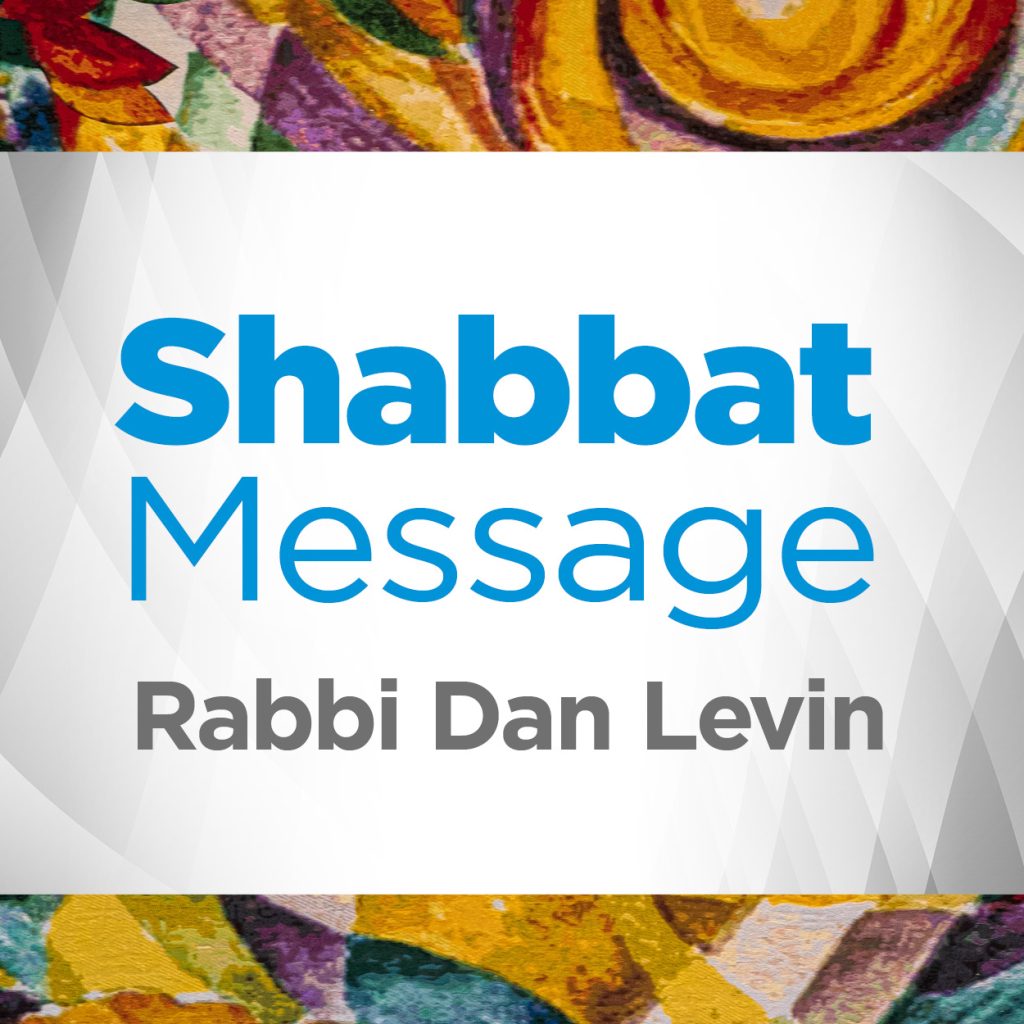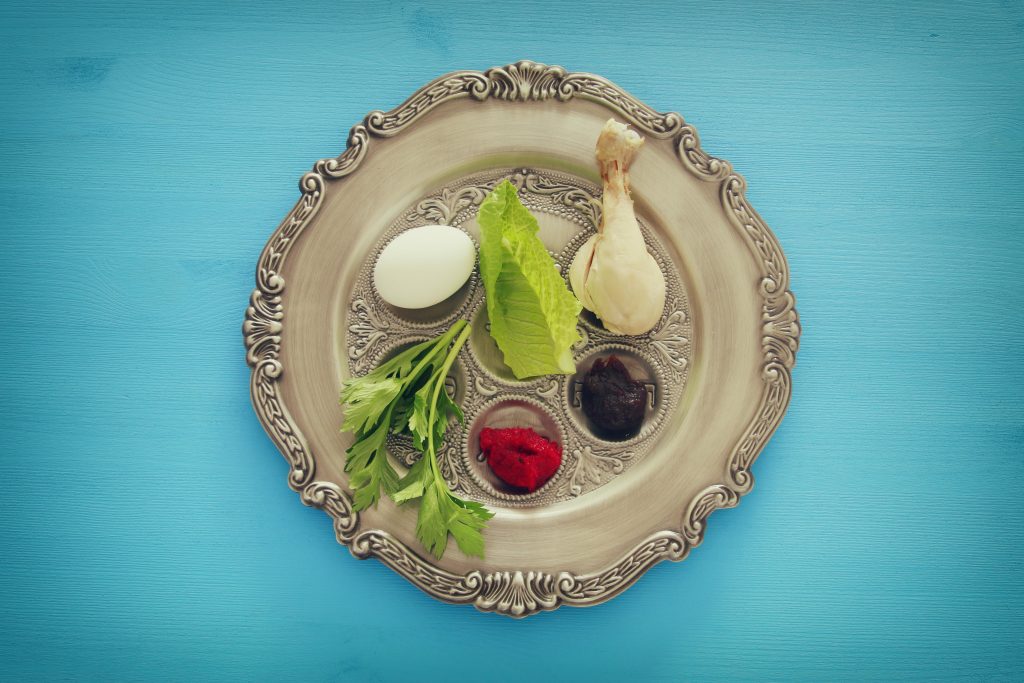This morning, the Supreme Court issued an opinion in Dobbs v. Jackson Women’s Health Organization striking down Roe v. Wade, the seminal decision in 1973 that secured a woman’s right to choose to terminate a pregnancy.
The result of this reversal will be to return the question of abortion to state legislatures, many of which have already passed laws severely restricting or even banning abortion entirely.
Jewish tradition has considered the question of abortion for millennia. As far back as the book of Exodus, our tradition did not see a fetus as having equal status with an extant human being. Throughout the centuries, our sages have consistently taught that the health and safety of the mother is the paramount concern until the moment of childbirth.
At the same time, our tradition also teaches that the question of “when does life begin?” is not easily answered. Some sages taught that a soul enters the fetus at the moment of birth, others after 40 days, and some even at the moment of conception.
Dr. Kate Greasly of the University of Oxford Law faculty speaks about the “Paradox of a heap”. Suppose you take a bag of rice and begin to count out each grain, one by one, and form a pile. At some point, you can be said to have a “heap” of rice. The question is: at what point does the pile become a “heap”? Is it from the first grain of rice? Is it the second? Is it the 14,568th?
The answer is – well, it’s not so easily determined. There is no doubt that there is such a thing as “a heap” but when it becomes a heap is not so clear.
Similarly, we might ask, when does a fetus become a human being? Is it at conception? Is it after forty days? Is it after the first trimester? Is it when the fetus is viable outside the womb?
And what of concerns for the mother carrying that fetus? Jewish law is very clear that if carrying a fetus threatens the health of the mother, then it is obligatory to terminate that pregnancy to save the mother’s life. And is that threat limited to the physical health of the mother – what of the mental or psychological health of the mother?
Rabbi Eliezer Waldenberg, the foremost scholar on bio-ethical issues in Israel in the 20th century, wrote that “indeed, we may permit an abortion according to the halachah because of ‘a great need’ and because of pain and suffering, it seems that this is the classic case for such permission. And it is irrelevant in what way the pain and suffering is expressed, whether it is physical or psychological. Indeed, psychological suffering is in many ways much greater than the suffering of the flesh.”
Jewish tradition is also clear that human life is of ultimate and infinite value and everything must be done to preserve the safety of the vulnerable. The classic teaching from the Mishna reminds us that “anyone who sustains one soul from the Jewish people, the verse ascribes him credit as if he sustained an entire world.”
We need to be clear. State laws that prohibit the right to terminate a pregnancy with no regard to the health and safety of the mother violate Jewish law. A Jewish person who is denied the right to an abortion to preserve her health is kept from what the First Amendment guarantees as the free exercise of her religious conscience.
This ruling will have catastrophic effects on millions of women who will not have the agency or capacity to travel to states or other countries where they can safely terminate an unsafe pregnancy.
But in addition, there is another tragedy to today’s ruling. Irrespective of the legal questions surrounding the Roe v. Wade original decision, moral questions such as whether to terminate a pregnancy should be made exclusively by a woman, guided by her physicians, her family, her religious ideology, and her conscience.
Our constitution was established in order that we might form “a more perfect Union … and secure the Blessings of Liberty to ourselves and our Posterity.” Today’s ruling robs women in America of the Blessings of Liberty – over their bodies and the free expression of their religious truths.
We now must get to work to do everything we can so that vision of freedom and justice is realized for every American, for ourselves and our children.









